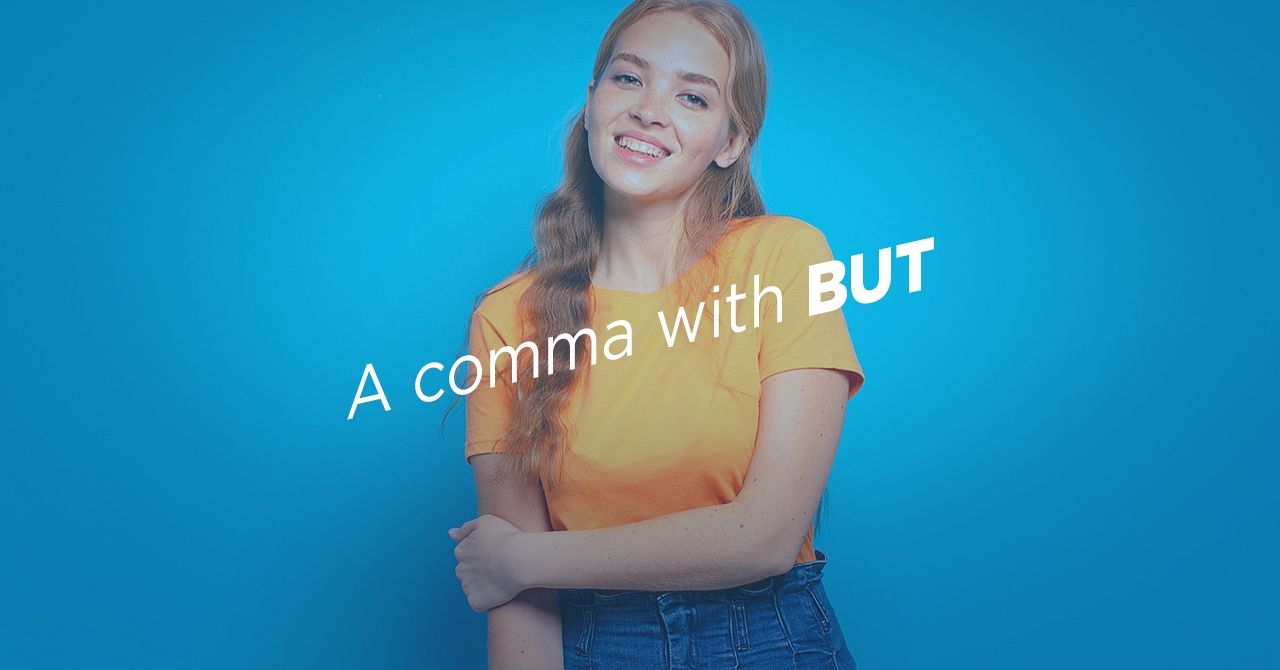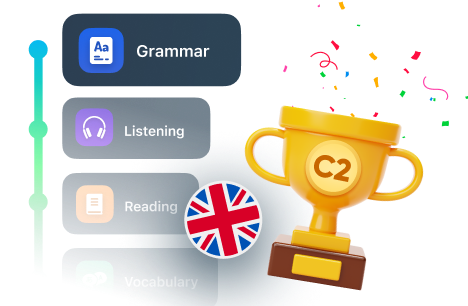
When to use a comma before “but” and when to use one after “but”
When linking two independent sentences by the word “but,” a comma is required before “but.”
Comma before or after but
You can use a comma both before and after “but,” and it can be correct. However, commas aren’t always used correctly, and you shouldn’t just throw them anywhere into a sentence.
When linking two independent sentences by the word “but,” a comma is required before “but.” Independent clauses are sentences that can stand alone, for example…
I’m cold. I don’t have a sweater.
These two independent clauses can be linked together as such:
I’m cold, but I don’t have a sweater.
Here are a couple more examples:
It’s such a beautiful day, but we have to go to work.
I’m so tired today, but I hate going to bed early.
Does the comma go before or after but?
Nine times out of ten, the comma goes before “but.” If you're wondering when it doesn’t go before and presuming that it goes after it, then you might be wrong.
As a matter of fact, dependent clauses don’t require a comma at all.
If you’re adding a dependent clause to the end of an independent clause, meaning that the second half of the sentence is not a complete sentence that can be used alone, then no comma is required.
I like some chilies, but not jalapeños.
My children are shy but kind.
The second clause in these examples cannot be used alone; each one must be paired with another clause.
Comma after but
The only time you ever need a comma following the word “but” is when you are interrupting the sentence. An interrupter is a word or phrase that breaks the flow of a sentence and should always be enclosed in commas. Naturally, this is also the case with “but” if it is followed by an interrupter.
Your singing was beautiful but, if you must know, I couldn’t hear very well where I was sitting.
We won the race but, sadly, we didn’t get a personal best.
I like him, but, honestly, I think we’re better off as friends.


















